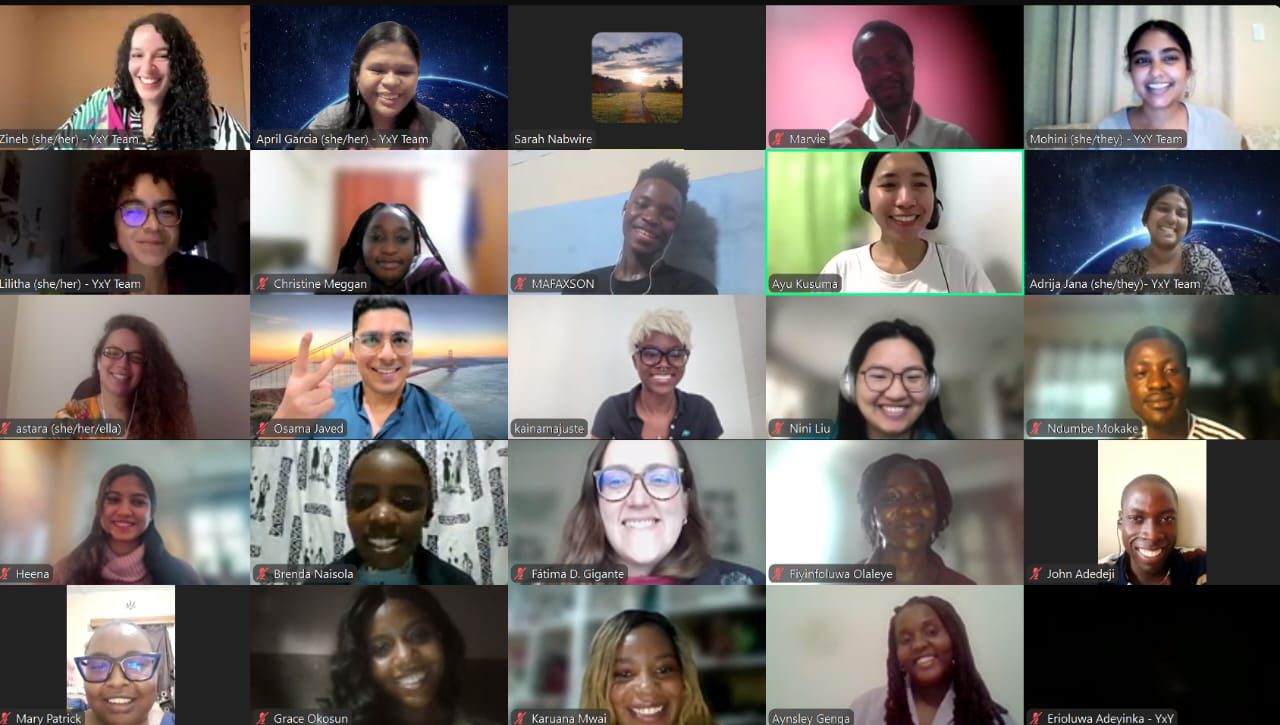The mental health conversation is a subject that is being thought of as repetitive and some might think it’s irrelevant but the truth is it’s actually an unacknowledged subject, especially in under-developed countries. Severe mental health crisis have terrible consequences such as self-harm and suicide and that’s why talking about mental health and getting help should be normalized and is pivotal.
Mental health is something that is often overlooked when looking at health issues. Perhaps because mental illnesses are simply not as concrete as physical illnesses and as a result they are often not taken as seriously. Contrary to this popular belief, mental illnesses are actual diseases that must be treated as seriously as physical diseases.
Normalizing the conversation about mental health empowers people to talk about it and get the help they need. There are different ways to normalize the discussion, for example, talking openly about your experience to friends, family, and coworkers as if you were sharing a need to see a doctor about the flu or a broken leg. Talking about seeing a therapist because you’re depressed normalizes the mental health conversation in a similar way. If you’re talking to a friend or loved one, be direct. Being hesitant to talk about mental health only adds to the notion that it’s a taboo topic. Second, educate yourself and others by doing your own research about mental illnesses in order to raise awareness, be knowledgeable. Lastly, be aware of your parole, mental health conditions are often used negatively as adjectives so try to be conscious of the words you use to describe people, things, and behaviors that you perceive as different.
There are a variety of ways to look after your mental health, for instance talking about your feelings, keeping yourself active, finding good coping mechanisms (writing, music, cooking), asking for help, taking up a relaxation practice to calm your nerves, making yourself a priority, eating healthy, drinking water and learning new skills. Another way to combat the perpetuation of mental health being taboo is by practicing labeling your emotions, giving up the bad habits and replacing unhealthy thoughts with good ones.
Normalize getting help, we live in a society where we are judged if we seek a therapist but that shouldn’t be the case. This is the case especially in MENA regions where therapy is stereotyped and considered a place to take the crazy people. In the MENA regions, a significant issue arises from the rejection suffered by those grappling with mental health challenges. This rejection, stemming from both family and societal pressures, often compels individuals to perceive suicide as their sole recourse. Tragically, the denial of support exacerbates their crisis, particularly among those with extremist leanings, further perpetuating this cycle of despair.
Simple acts of kindness can make a world of a difference. A smile, being a good listener or inviting someone for a coffee and chat can all help open up the conversation and let someone know you’re there for them. So, dear reader, if you know anyone who’s struggling, help them. Small actions might save their life; a simple text might give them hope.

.webp)




Comments
June 24, 2024 2:16 PM
Praesent nec orci at nulla consequat congue ut non arcu. Lorem ipsum dolor sit amet, consectetur adipiscing elit. Vestibulum ante ipsum primis in faucibus orci luct